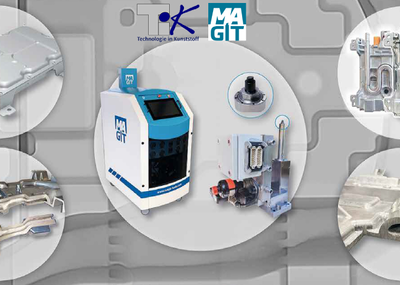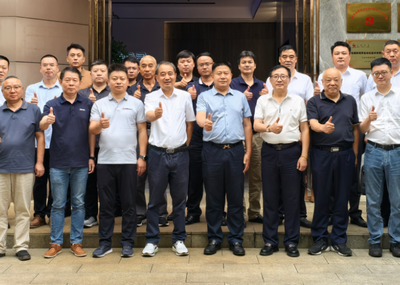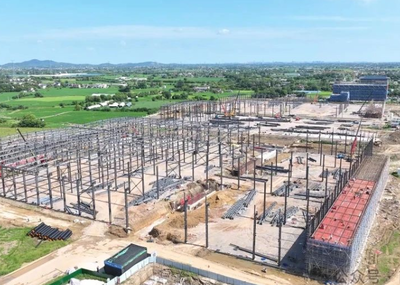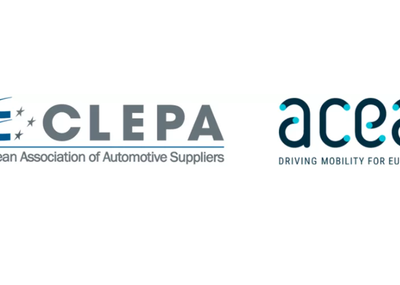High energy prices:
Though lower than during the 2022 peak, energy costs remain stubbornly high. Industrial electricity prices in the EU are twice as expensive as in the US and nearly 90% higher than in China. Natural gas, critical to automotive manufacturing, shows an even wider gap. This persistent cost disadvantage is squeezing Europe’s energy-intensive sectors.
Bold action to bring industrial energy prices in line with global competitors, and reducing the costs of doing business overall, is no longer optional - it’s a matter of survival.
Rigid regulation:
Strict policies are restricting the sector’s ability to adapt in a fast-evolving global market. While China supports both battery electric and plug-in hybrid vehicles (PHEVs), enabling broader market adoption and engineering innovation, Europe has largely sidelined PHEVs and other technology options in its regulatory framework. This narrow focus is drastically limiting consumer choice and slowing industrial momentum. Between 2020 and 2023, China’s EV output surged by over 9 million units - more than triple that of the EU.
Technology openness is the key to a successful decarbonisation in the EU. The upcoming review of the CO₂ standards presents a crucial opportunity for a realistic assessment, backed by concrete plans to ensure feasibility. Similarly, adopting a technology-neutral approach to greening transport, including corporate fleets, will provide the flexibility needed to accelerate market uptake.
Declining investment:
Closely tied to these regulatory and energy challenges, Europe is losing its appeal as an investment destination. Non-EU capital is flowing elsewhere, and European firms are retreating from global markets. The EU’s share of global foreign direct investment outflows has dropped - from 34% in early 2022 to just 10% in 2025 - while China’s has surged to nearly 50%.
To attract greater investment and provide certainty, EU policies must define clear, technology-neutral sustainability criteria that incentivise both foreign and domestic investors and strengthen Europe's supply chains. This is not just an industrial story - it’s a social one. As factories slow or shutter, entire communities risk losing stable jobs, skilled work, and economic purpose. Europe’s hard-won industrial fabric is fraying. Without urgent action to derisk investment, and unleash industrial innovation, the price won’t just be economic - it will be paid in livelihoods, fractured cohesion, and weakened long-term resilience.


















